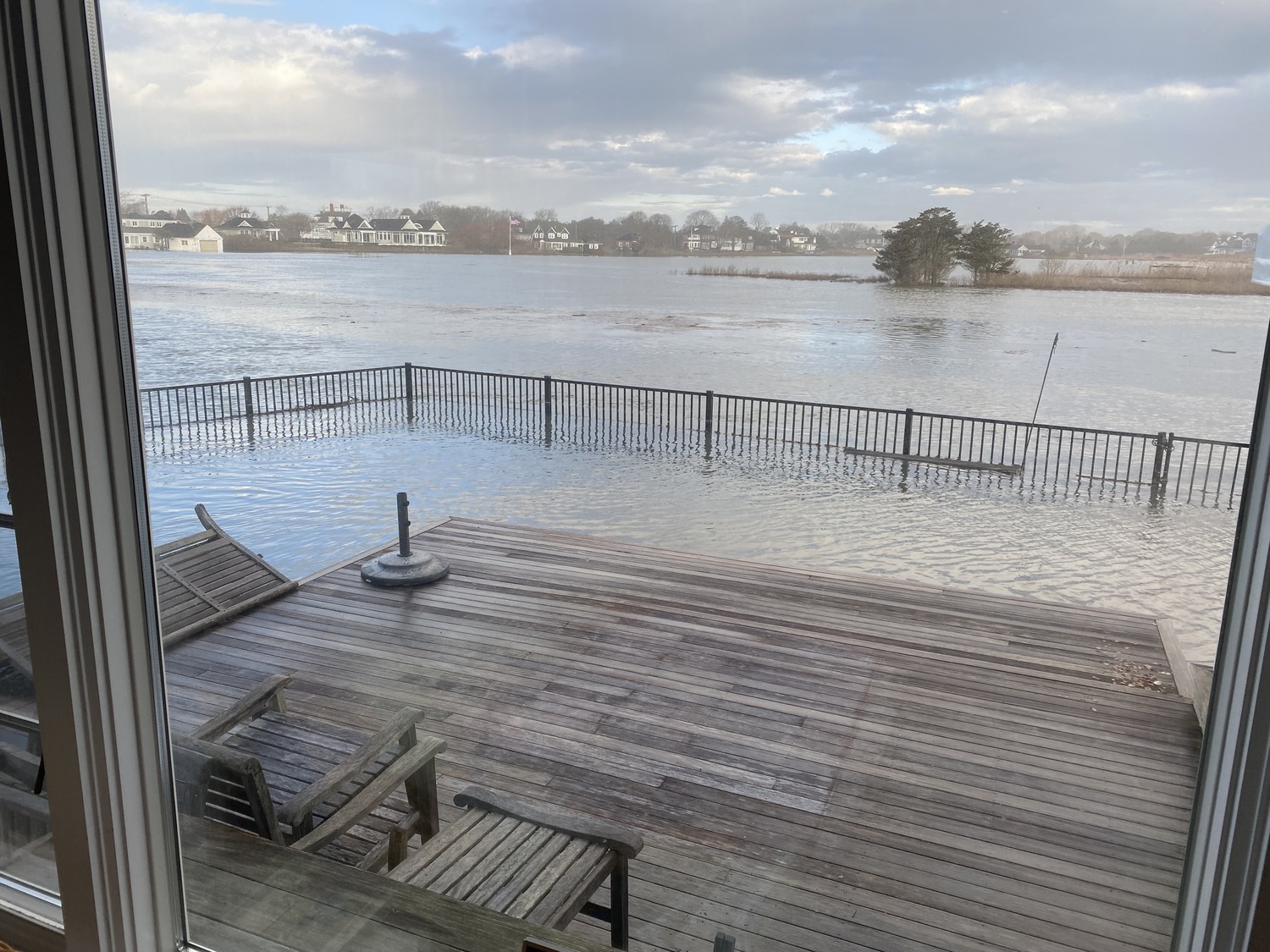
2023 was an important year for meeting environmental challenges on the East End, but great progress has been made. We are grateful to residents, especially garden club members, whose activism, own labor and votes in 2023 had a significant impact. These efforts changed minds and practices that will have long-term benefits.
One of the highlights of 2023 was the passage of the Birds and Bees Protection Act, an important piece of State of New York legislation that may very well set the pace for other parts of the United States. Thousands of letters and emails persuaded Governor Kathy Hochul to sign this bill into law curbing the needless uses of neonicotinoid, or “neonic,” pesticides — one of the most ecologically destructive pesticides since DDT. Used to coat corn, soybean and wheat seeds despite alternatives, the long-lasting neonics seep into soil and waterways with negative effect on wildlife, pollinators and humans.
Increased awareness and action regarding ecological gardening practices came from sources such as 2/3 for the Birds, Homegrown National Park, Native Plant Month and Pollinator Pathways. The Suffolk Alliance for Pollinators was formed to support pollinators, sharing best practices and good ideas among many local garden clubs, libraries, community farms and village beautification groups. New native or pollinator public gardens were planted in Hampton Bays and Westhampton Beach, with many more home gardeners adding native and pollinator plants to their own landscapes. There are also new initiatives regarding community food composting as well as efforts to reduce single-use plastics.
Looking ahead to 2024, there’s an opportunity to support more action on reducing the use of pesticides on our lawns, golf course, highways, verges and gardens. There’s an opportunity to use eco-friendly practices to protect people from mosquitoes and ticks, without incurring the risk associated with pesticides that now can be found in human tissue as well as our local water. Work on Pollinator Pathways will continue. Many people understand the importance of trees, as host plants for the insects that support birds, as well as sources of moderation of the impact of high temperatures and the sun on our homes. It’s well documented that areas without a robust tree canopy have higher levels of asthma. A growing concern is the practice of clearcutting building lots to eliminate all vegetation as well as trees; there may be local zoning guidelines in the making that could have an impact on clearcutting. Governor Hochul recently announced initiatives to plant 25 million trees in rural and urban areas by 2033, with grants to municipalities over three years to support resilient reforestation and urban forests.
Recent storms have created dramatic flooding of residential areas and roads that emphasizes the need for robust action regarding coastal erosion. There is no one solution that will make a difference. We need to stay tuned to learn about comprehensive solutions. Southampton Town recently passed a Climate Action Plan that will be developed with more details in the coming year.
In the meantime, here are the things that we can do as concerned citizens and gardeners:
• Plant more trees, especially native trees
• Stop using pesticides and herbicides; use eco-friendly solutions for mosquitoes and ticks
• Plant native plants and pollinator-friendly plants to provide shelter and nourishment for declining numbers of insects and birds
• Reduce lawn size by creating more garden spaces with plants that support pollinators
• Leave many of the leaves on your property to nourish trees and plants
• Recycle and reduce the use of plastics, especially single-use plastics
Here’s to a healthier year for people, animals, birds and insects and our environment.
Alicia Whitaker is the 1st vice president of the Westhampton Garden Club and member of the club’s conservation committee.